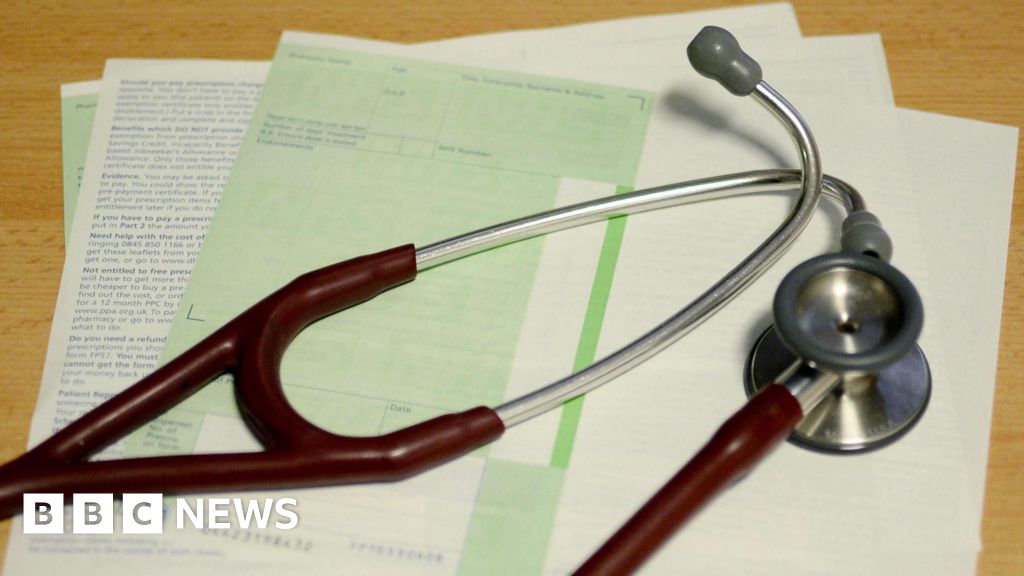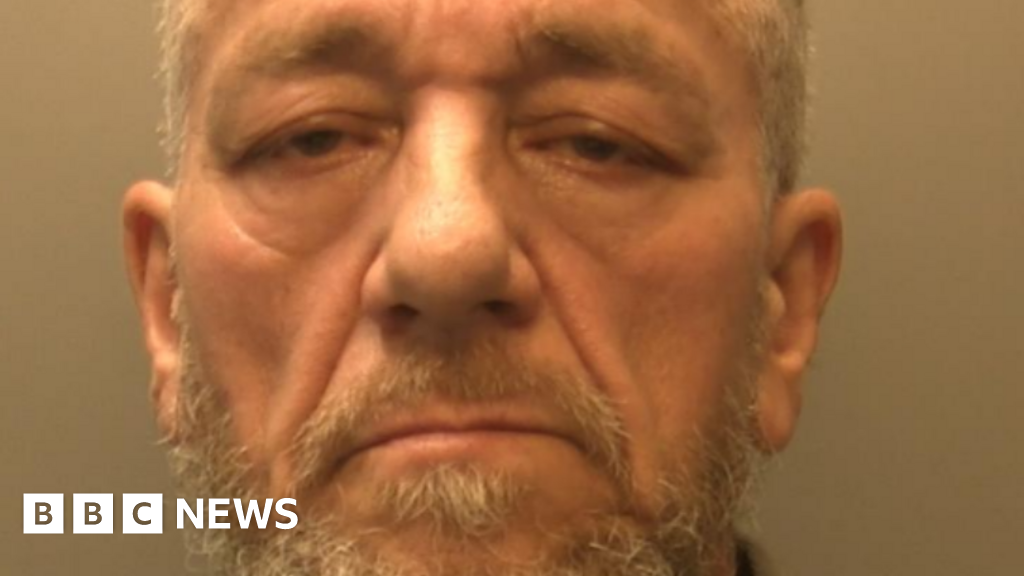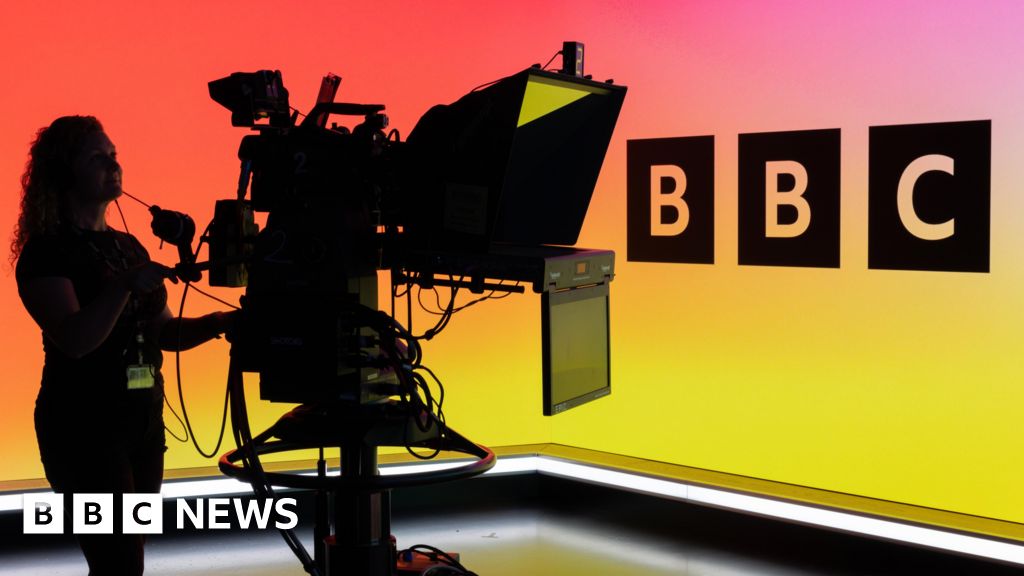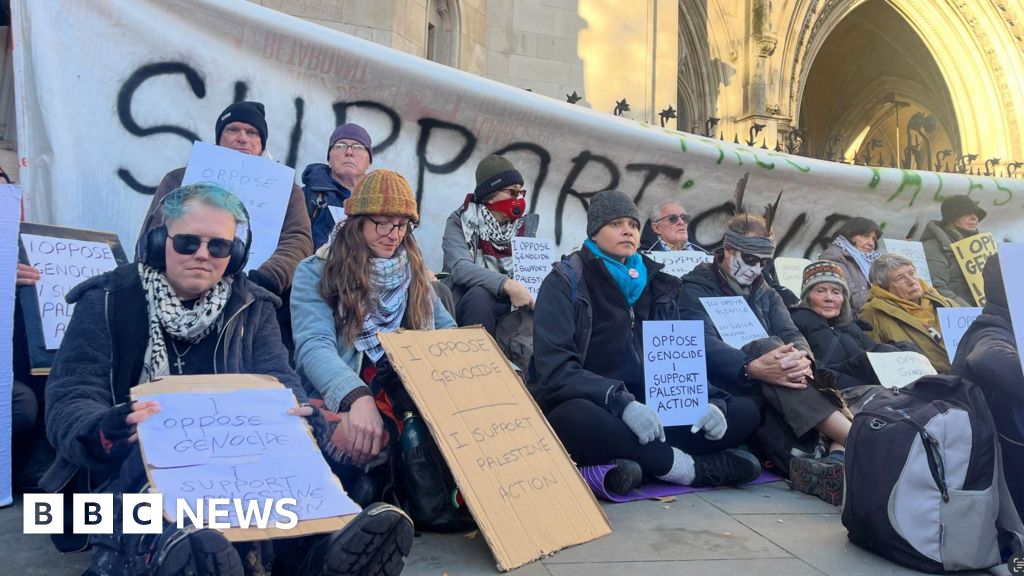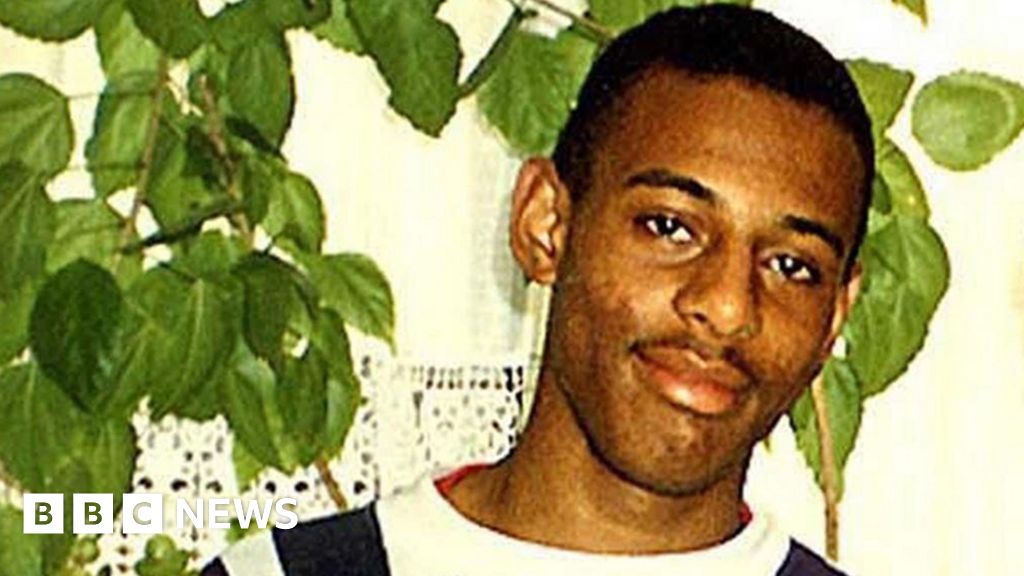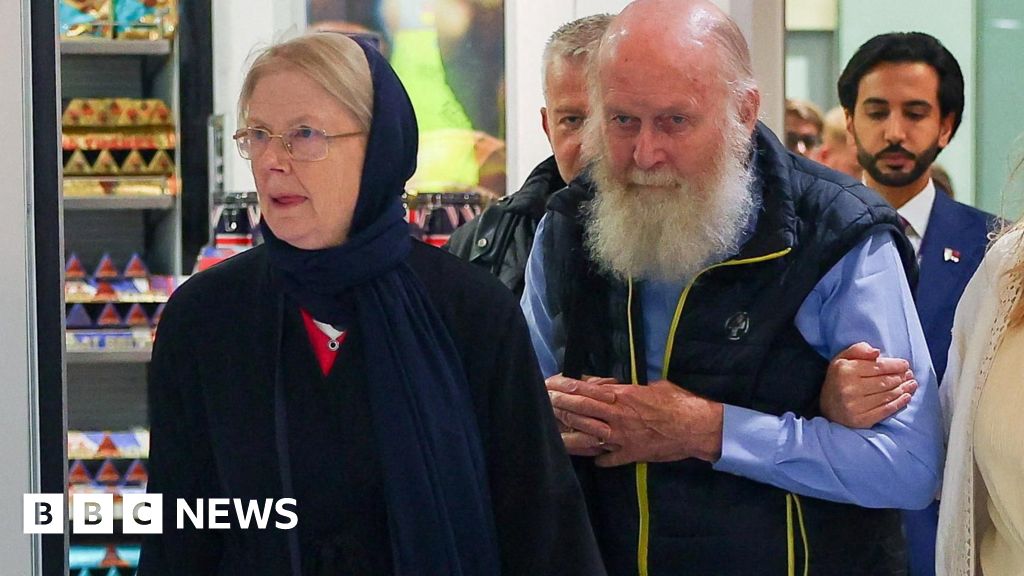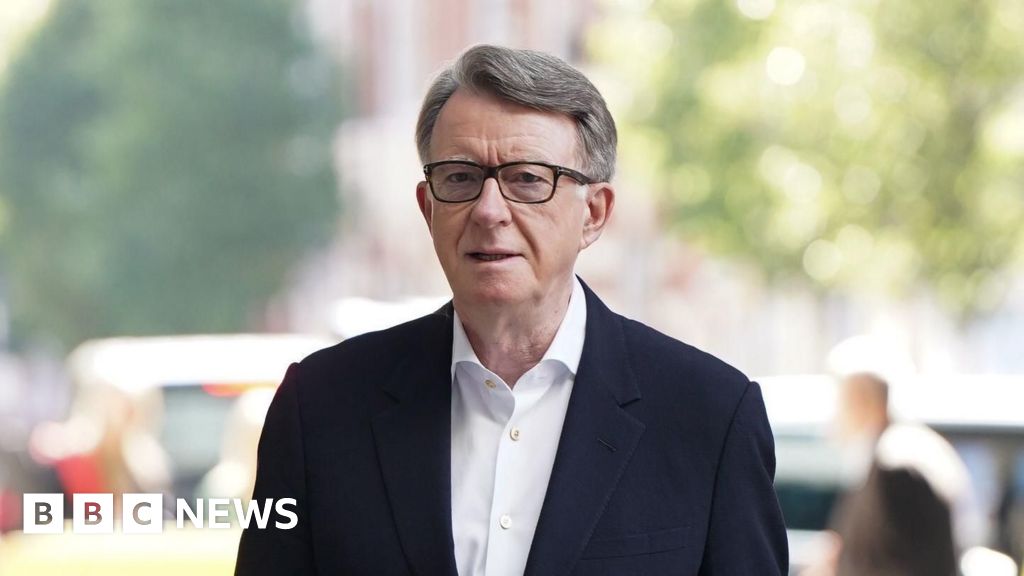Jennifer McKiernanPolitical reporter
Watch: 'Mind-blowing' - BBC correspondents react as OBR releases Budget details early
The Office for Budget Responsibility (OBR) has apologised for mistakenly publishing its economic forecast ahead of the Budget.
Details of the Budget are supposed to be kept under wraps until the chancellor announces them in the House of Commons, due to it being market-sensitive.
But a "technical error" meant details were released in full about 40 minutes before Rachel Reeves got to her feet to deliver her policies, instead of afterwards as intended.
The report appeared to prematurely confirm a number of measures, including the end of the two-child benefit cap, continuing freezes on income tax thresholds for the next three years, and a new pay-per-mile charge on electric vehicles.
The OBR quickly removed the forecast document from its website and launched an investigation into how it was published too early.
"We apologise for this technical error and have initiated an investigation into how this happened," a spokesperson said, adding it will be reporting to the OBR's oversight board, the Treasury, and the Commons Treasury Committee on how the error happened.
OBR chair Richard Hughes apologises for pre-Budget leak
OBR chair Richard Hughes has also personally apologised "for the error", telling broadcasters "I will take action later to make sure it doesn't happen again".
Asked if he would resign, he said: "I've given you a statement, that is all I have to say."
Reacting to the leak in the Politics Live studio, BBC political editor Chris Mason said: "The sheer absurdity of reading out something the chancellor has not yet announced in the Commons is mind-blowing".
BBC economics editor Faisal Islam said: "I think I need a red box, I can deliver the Budget now in the studio... It tells you all the measures, it tells you all the big stats we were just speculating over."
The unexpected leak caused a reaction in the Commons chamber as Prime Minister's Questions (PMQs) started, with Reeves seen looking at her own phone with concern, before Treasury Minister Torsten Bell, who was sitting behind her, passed his mobile phone to her as the news broke.
Notes were being passed down the row of cabinet ministers before the Chief secretary to the Treasury James Murray held his phone in front of Reeves and she copied down some words onto the top of what seemed to be her budget speech.
Conservative MPs quickly started posting pages of the document on social media and Tory frontbenchers, including shadow chancellor Mel Stride, were seen whispering and making notes.
Stride then called a point of order at the end of PMQs to demand an inquiry into the leak, saying: "It is utterly outrageous that this has happened and this leak may constitute a criminal act."
It is worth noting there have already been weeks of leaks and speculation over policy to the media in the run-up to the Budget, which the chancellor was reprimanded for by deputy speaker Nus Ghani.
The early publication has caused such a fuss as the data from the forecasts has an impact on the financial markets and influences how much it costs the government to borrow money, amongst other things.
Following the leak of the OBR's report, there was brief spell of volatility in the UK bond market before gilt yields - which give an indication of government borrowing costs - fell back to below the level they had been at before the details were leaked.
Although this is the first time the OBR has made this sort of mistake, it is not the first time parts of the Budget have leaked out before they should have done.
Back in 2013, the Evening Standard mistakenly published details of George Osborne's Budget before he got to his feet in the Commons, including details of major announcements on tax.
The then-Labour leader Ed Miliband was reading a photocopy of the front page as Osborne spoke and said the chancellor "almost need not have bothered coming" to the Commons.
In 1996, the Daily Mirror was sent the full contents of Chancellor Ken Clarke's Budget in advance of his speech.
Piers Morgan, who was the paper's editor at the time, only published some details in the next day's paper, sending the rest back to the Treasury as it was boring.
At the time, prime minister John Major ordered a leak inquiry and the Metropolitan Police investigated. but no-one was arrested.
In 1947, the Labour Chancellor Hugh Dalton was forced to resign after giving a journalist details of the Budget before making his statement.


Sign up for our Politics Essential newsletter to read top political analysis, gain insight from across the UK and stay up to speed with the big moments. It'll be delivered straight to your inbox every weekday.
.png)
 7 hours ago
3
7 hours ago
3
